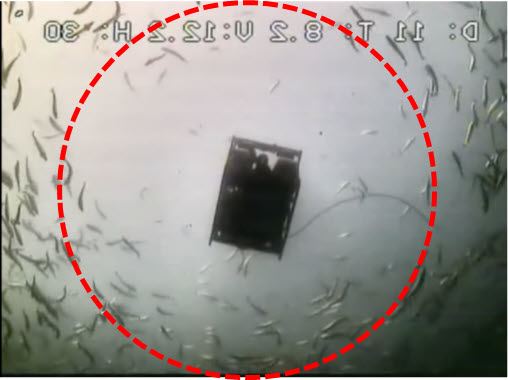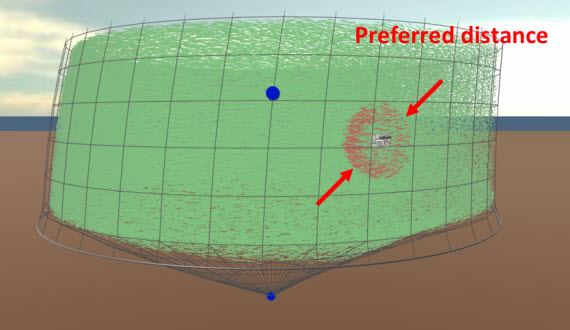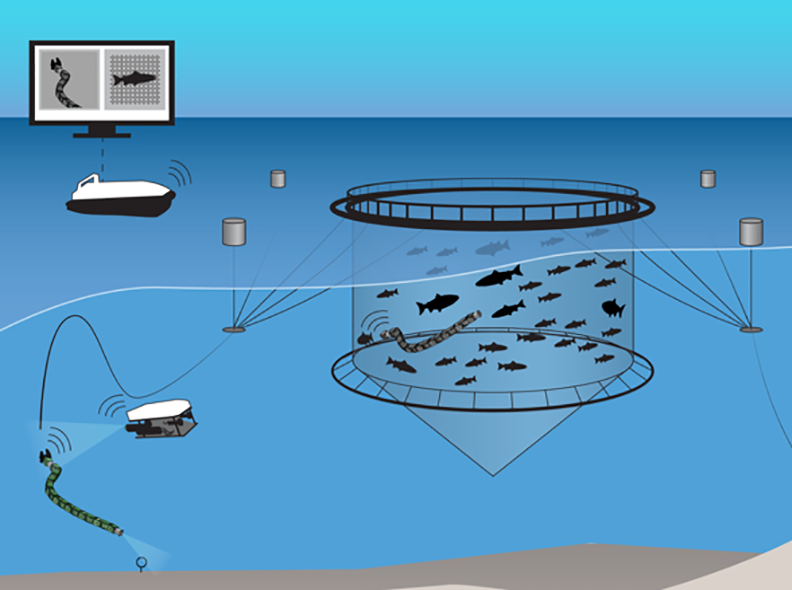Aquaculture is an important global contributor to the production of seafood for human consumption, and in 2016 produced more than 1.3 mill. t. of marketable fish meat in Norway. Furthermore, we see that nowadays a general trend in aquaculture industry is shifting production methods from manual operations and experience-based reasoning towards a more objective approach using intelligent sensors in combination with mathematical models and decision support- and autonomous systems in different stages of production. However, the use of non-proper technological tools and immature automation level can lead to fatal consequences, loses and damages and this cannot be acceptable when we are dealing with operations in a highly complex and dynamically changing environment (i.e. interaction with living fish, deformable flexible structures and harsh environmental conditions). Meaning that the adaptation of more autonomous solutions and use of more advanced technological tools can only be attempted in an efficient way by first investigating the currently inefficient/manual solutions commonly adapted for daily base operations involving biomass in fish farming industry and reporting the existing challenges of the aquaculture industry to be addressed.
Goals
Main objective
The primary objective of this project is to gain fundamental knowledge about methods to identify changes in behaviour of the fish and to develop new methods for the modelling and control of underwater vehicles enabling autonomous operations in fish farms byalso consideringinteractions of the living fish with the used technology. One overall goal is to reduce the impact on fish during complex operations, which will be achieved by targeting the following objectives.
Secondary objectives:
- Develop methods and procedures to collect relevant data and observe the fish behaviour change under different impact factors during operations in fish farms.
- Develop methods to identify and quantify the change on behaviour of fish under the impact of different conditions during autonomous operations in fish farms.
- Develop interactive path following control concept considering inputs from O2.
- Experimentally investigate, demonstrate and showcasethe fish machine interaction concept in field studies



